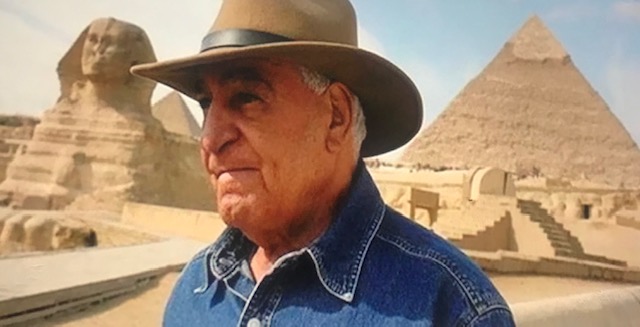‘May you live in interesting times.’ — ancient curse
We’re certainly living through a time of global uncertainty. Whoever created this saying believed that calmer historical eras were more conducive to peaceful, prosperous individual lives. However, ‘interesting times’ can provide creative inspiration.
I’m now at the age where the world events of my college years are showcased on public television documentaries. And I’m listening to a historical fiction panel discussion with Alex George (The Paris Hours), Whitney Scharer (The Age of Light) and Meg Waite Clayton (The Last Train to London) and they just posed the question of what sort of literature would emerge out of, or inspired by, the coronavirus pandemic.
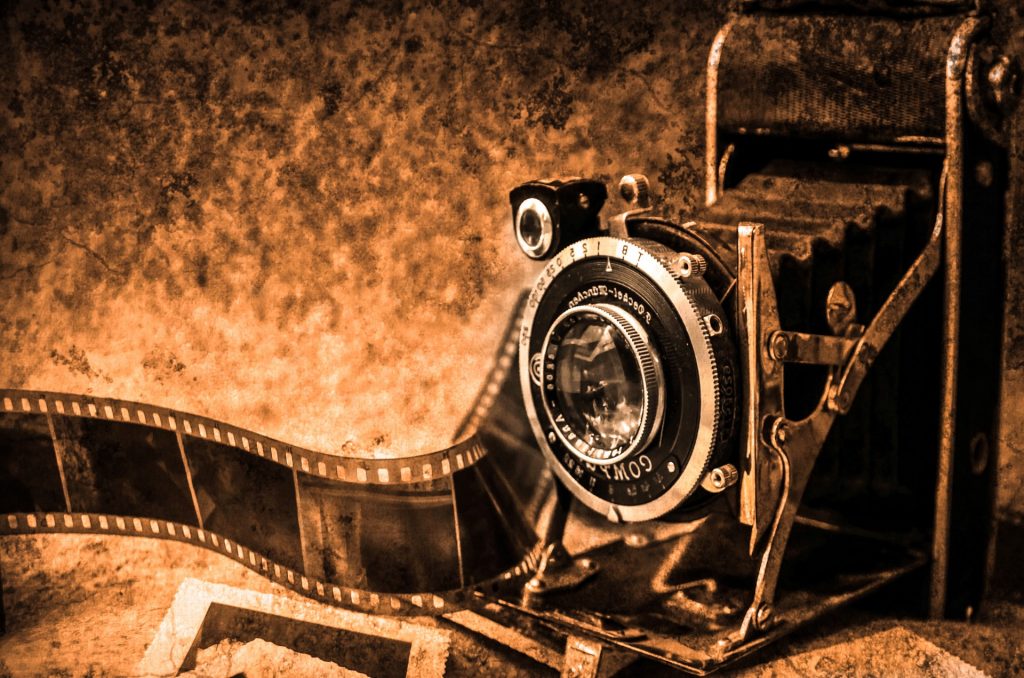
Mark Young’s systematically created non-persona, non-imagistic poetry perhaps characterizes this period of economic and health uncertainty. Its narrative unfolds according to an unseen logic of its own and readers are left to wonder and watch for what will happen next.
Amlanjyoti Goswami contributes poems of survival, re-creation and change, while Michael Robinson writes of compassion, love, and the autumnal season of the year and our lives.
Norman J. Olson, who usually writes about his art-infused travels, reflects on how times have changed and brought him and his wife home. J.K. Durick conveys the endlessness of the time in quarantine without any of our usual chronological markers.
J.J. Campbell ponders illness, isolation, and decay in short understated, uncapitalized bursts. John Dorroh describes through dreams the visceral, grotesque reality of quarantine.
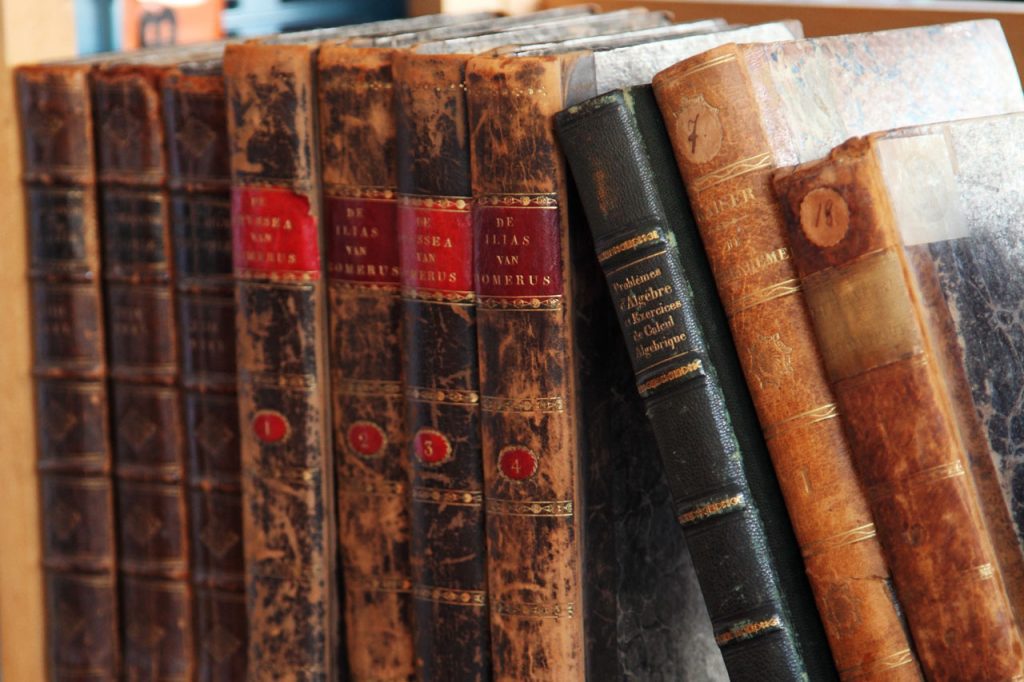
Chuck Taylor writes clever formal poetry about ordinary subjects, including a baby’s binky, although he includes one poem about a truly traumatic childhood. Daniel DeCulla turns to whimsy with an amusing illustrated piece about a monkey.
Michael Lee Johnston’s pieces evoke dislocation, speculation about the future, and sorrow over the historical injustices Western colonizers perpetuated against indigenous people.
Mike Zone’s short story centers on a more individual injustice, where a scammer pretends to be an elderly woman’s relative for his own gain. Yet he develops a sense of connection with her that causes him to leave her, but not without a bit of curiosity on whether he could rewrite the facts of their history.
Federico Wardal looks to ancient history for inspiration, to the glories of ancient Egypt, which he considers even more awe-inspiring than we realize.
Abigail George reflects on her early childhood against the backdrop of apartheid in South Africa, wondering how much she could have understood or impacted the world at that point.
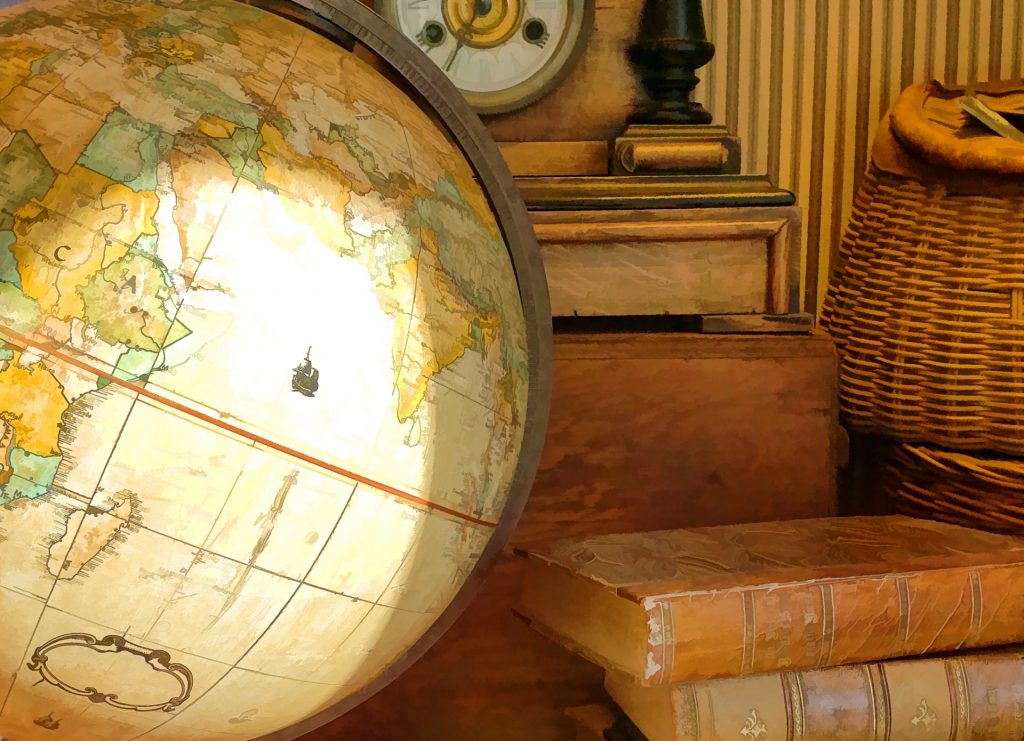
Chris Butler writes of hypocrisy and love forced to compete with addictions, showing speakers trapped by their weaknesses and by those of their societies.
Elizabeth Hughes reviews books that explore human nature in further depth in her monthly Book Periscope column. John Altson’s Does Harry Dream of Electric Sheep? satirizes American social institutions and questions how much we can change our behavior and morals, while Laura McHale Holland follows a single family within a small Midwestern town in her highly character-driven novel The Kiminee Dream.
Christopher Bernard reflects on nature reclaiming ground while some human activities have ceased due to the virus, while Mahbub celebrates the gift of life while criticizing our tendencies to waste resources. Joan Beebe points out the power of roses to lift our spirits, while Chimezie Ihekuna dramatizes the potential of humanity’s reconciliation with nature.
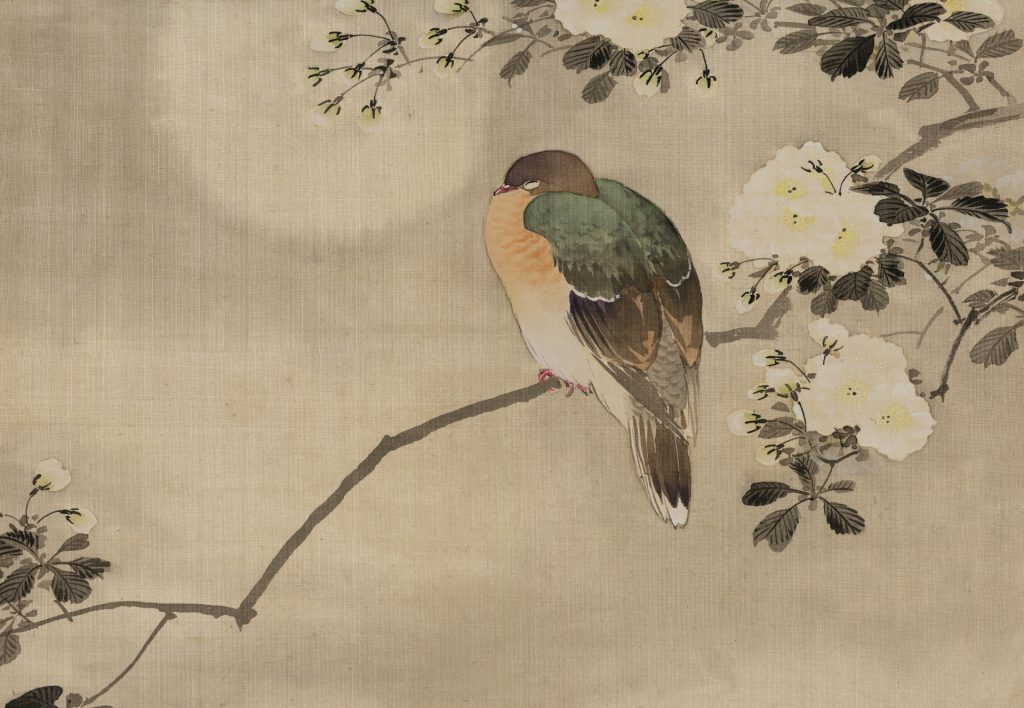
We hope this issue will be creative food for your mind, heart and soul while we make memories and become primary sources about this period of history.
Also – I’m sharing this on behalf of Leticia Escalera, author of the upcoming memoir A Journey to Begin in Life and part of our Synchronized Chaos family. Her book is about ways to encourage, help and empower people you know (or yourself!) who face learning disabilities. I’ve read it and completely recommend it.
Leticia Escalera has an amazing story and believes in inter-dependence, kindness, and making the most of her life. I’ve heard her speak many times before on her own journey and on her work on behalf of the Latina, immigrant, and disabled members of the Bay Area.
She’s been involved with the Spanish Speaking Citizens Foundation and the Center for Independent Living in Oakland, CA and has coached many people about developing strategies to work around issues that they have so that they can figure out how to accomplish personal or professional goals and access resources to assist them to survive.

